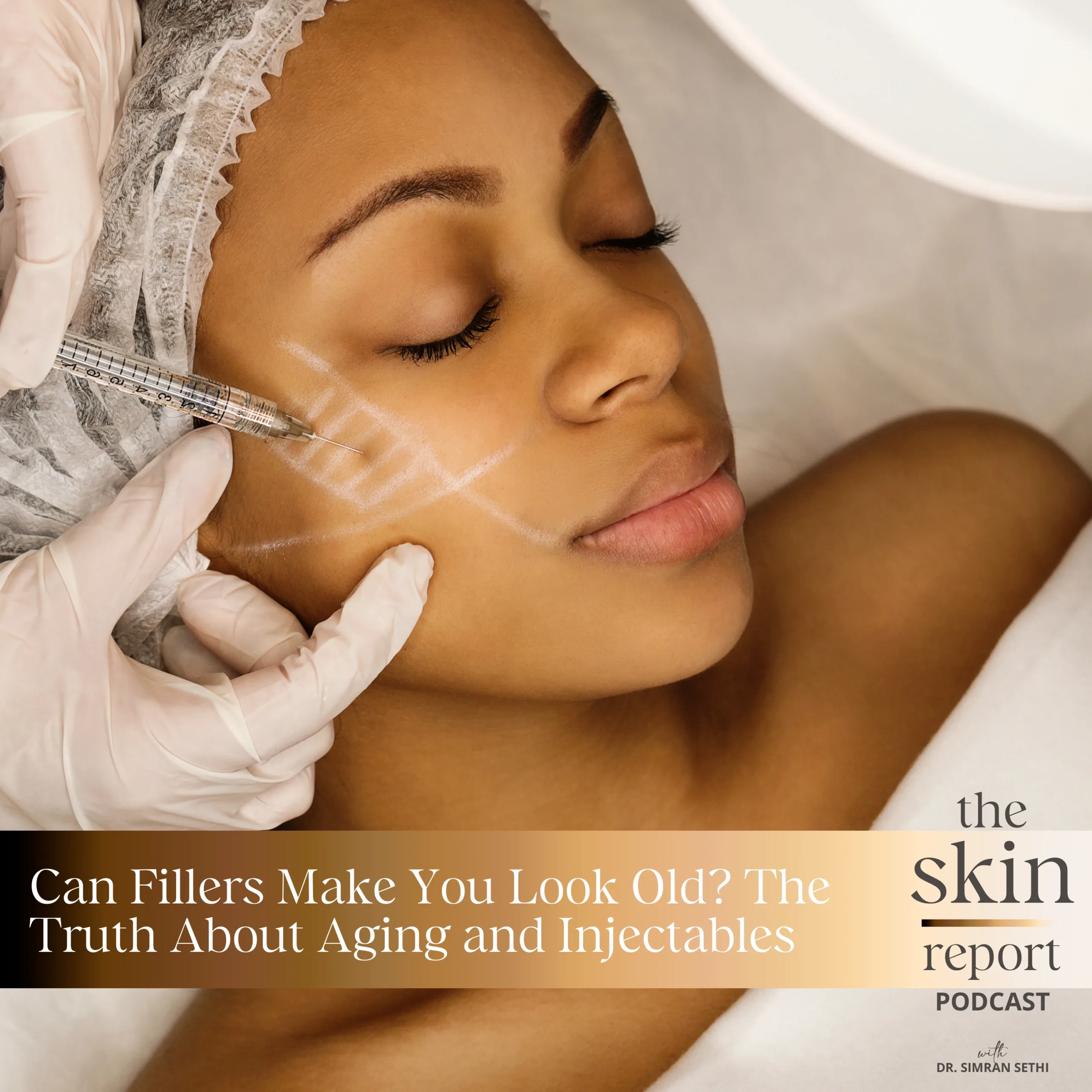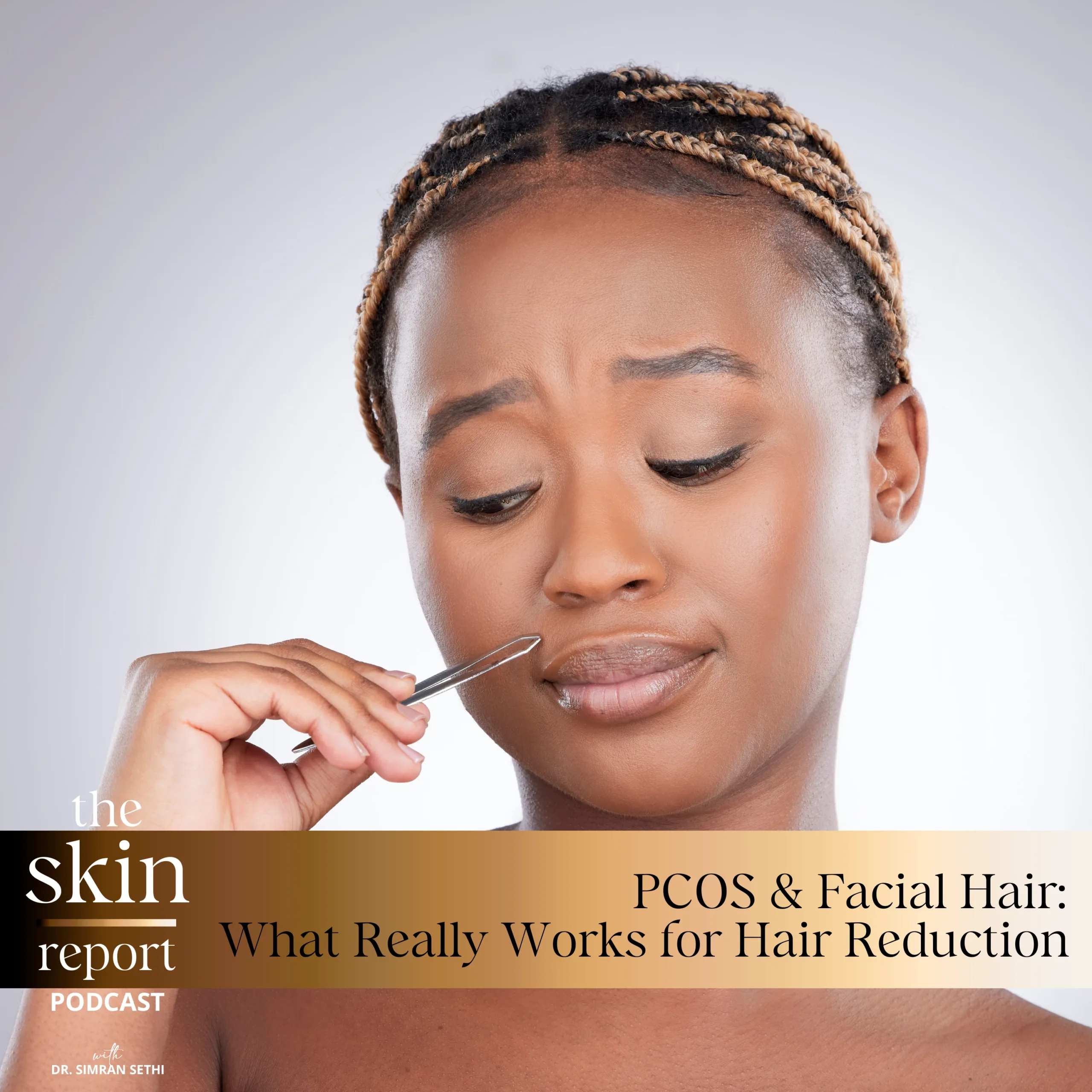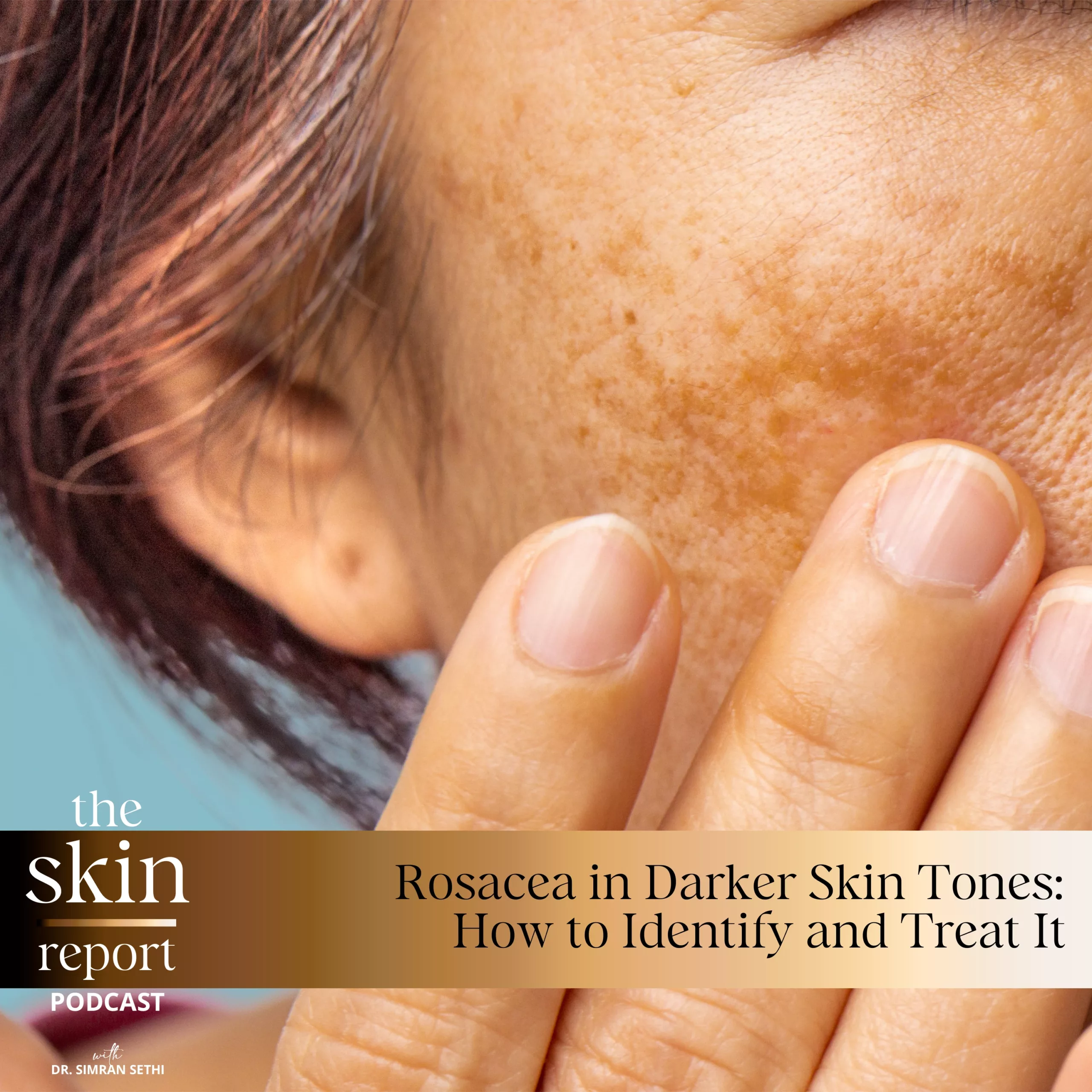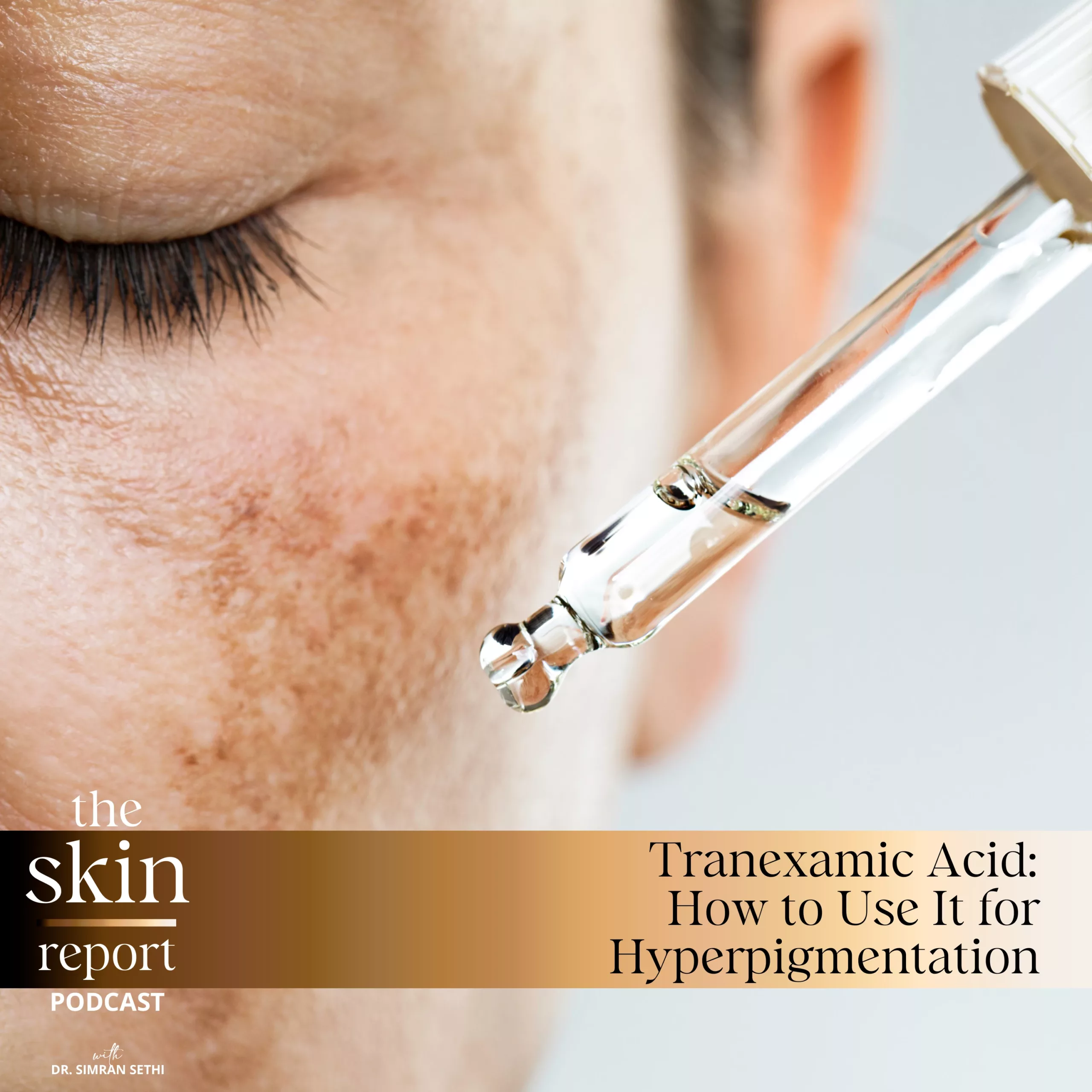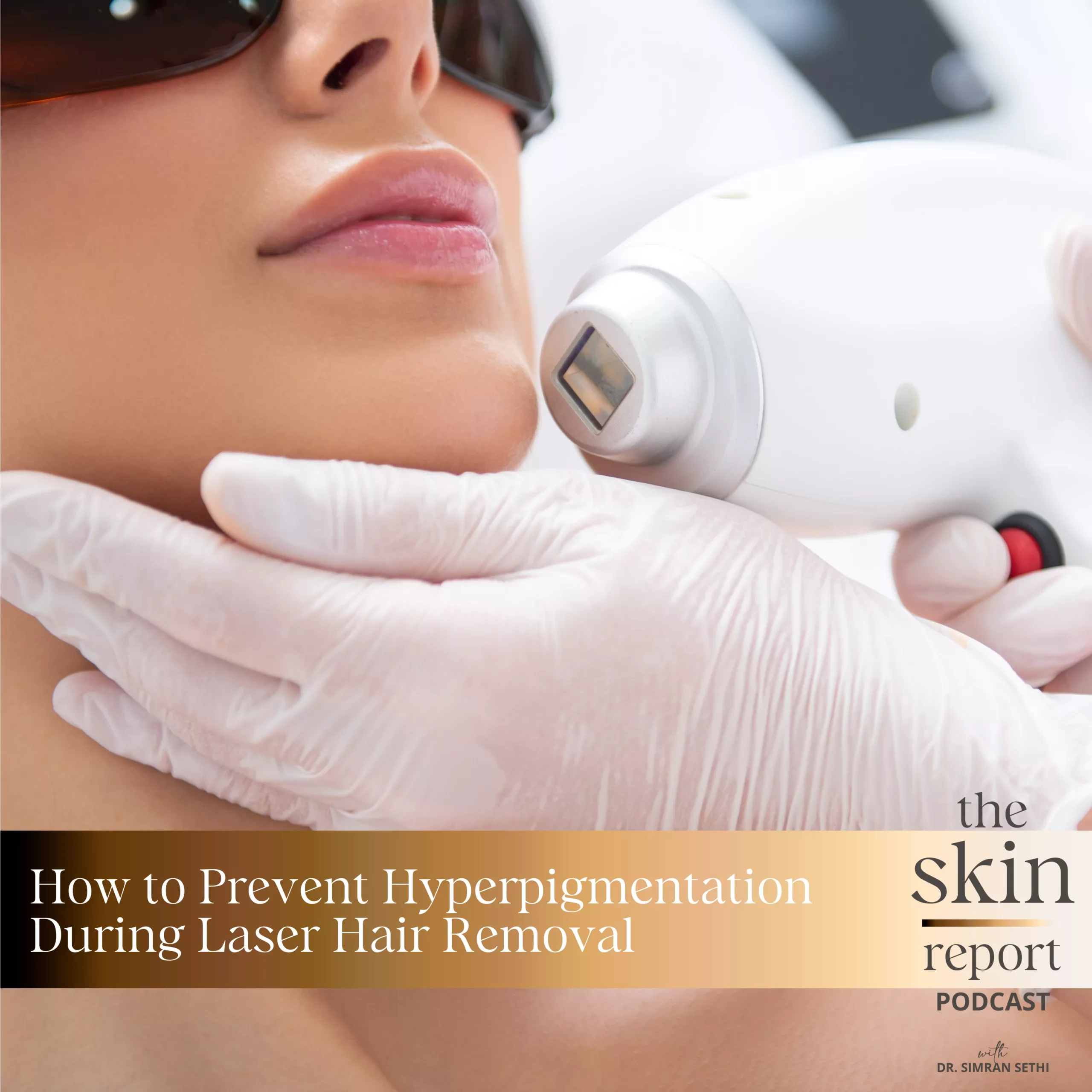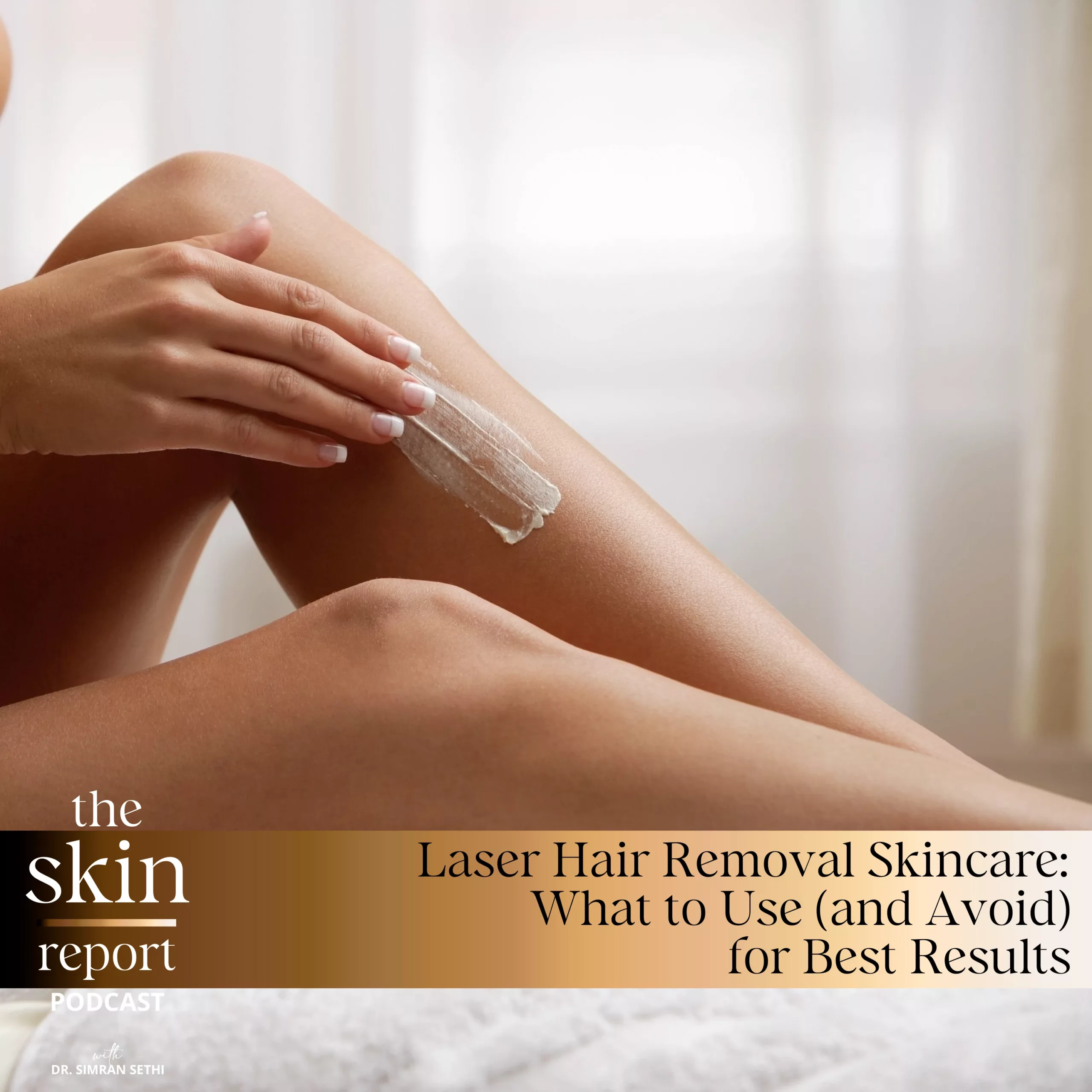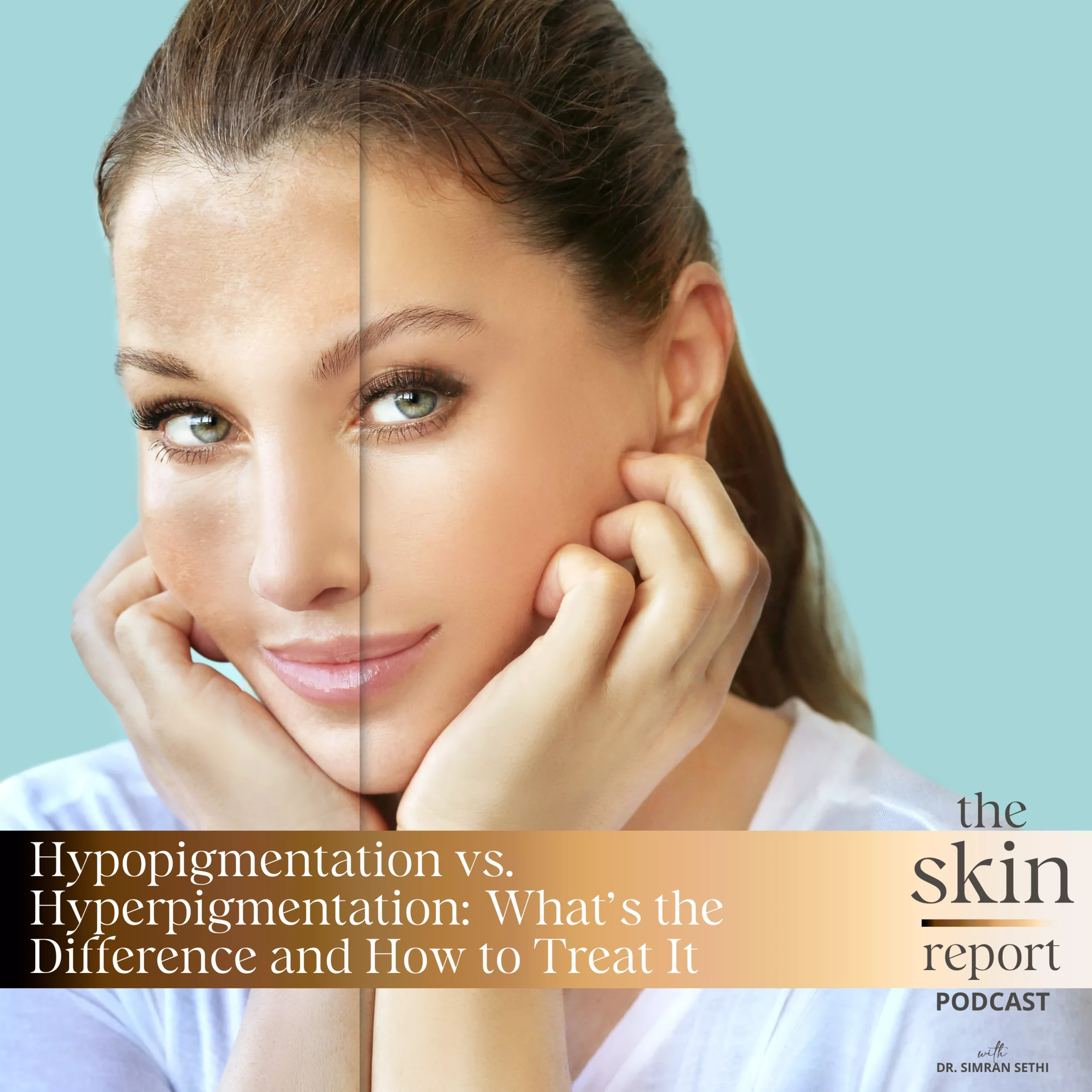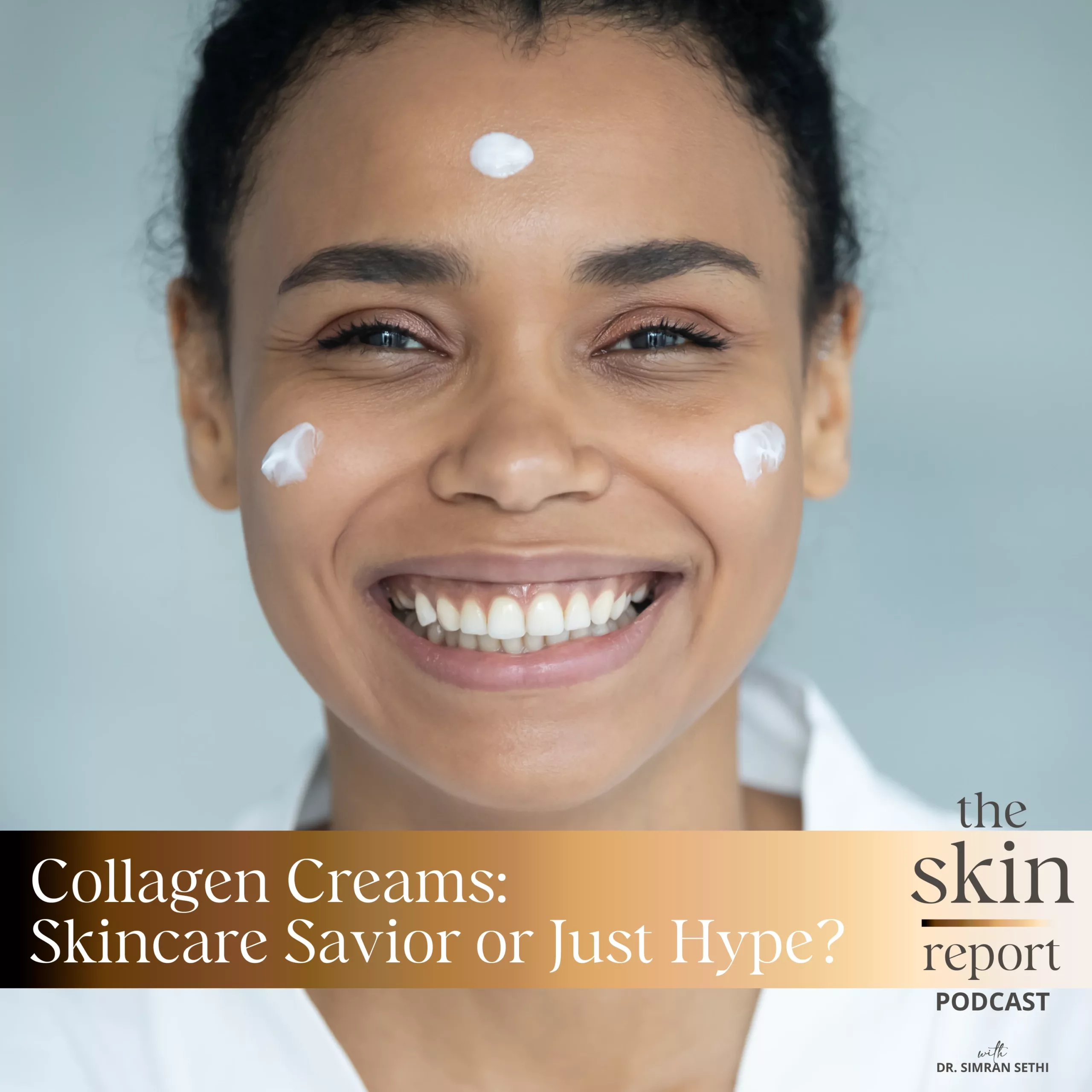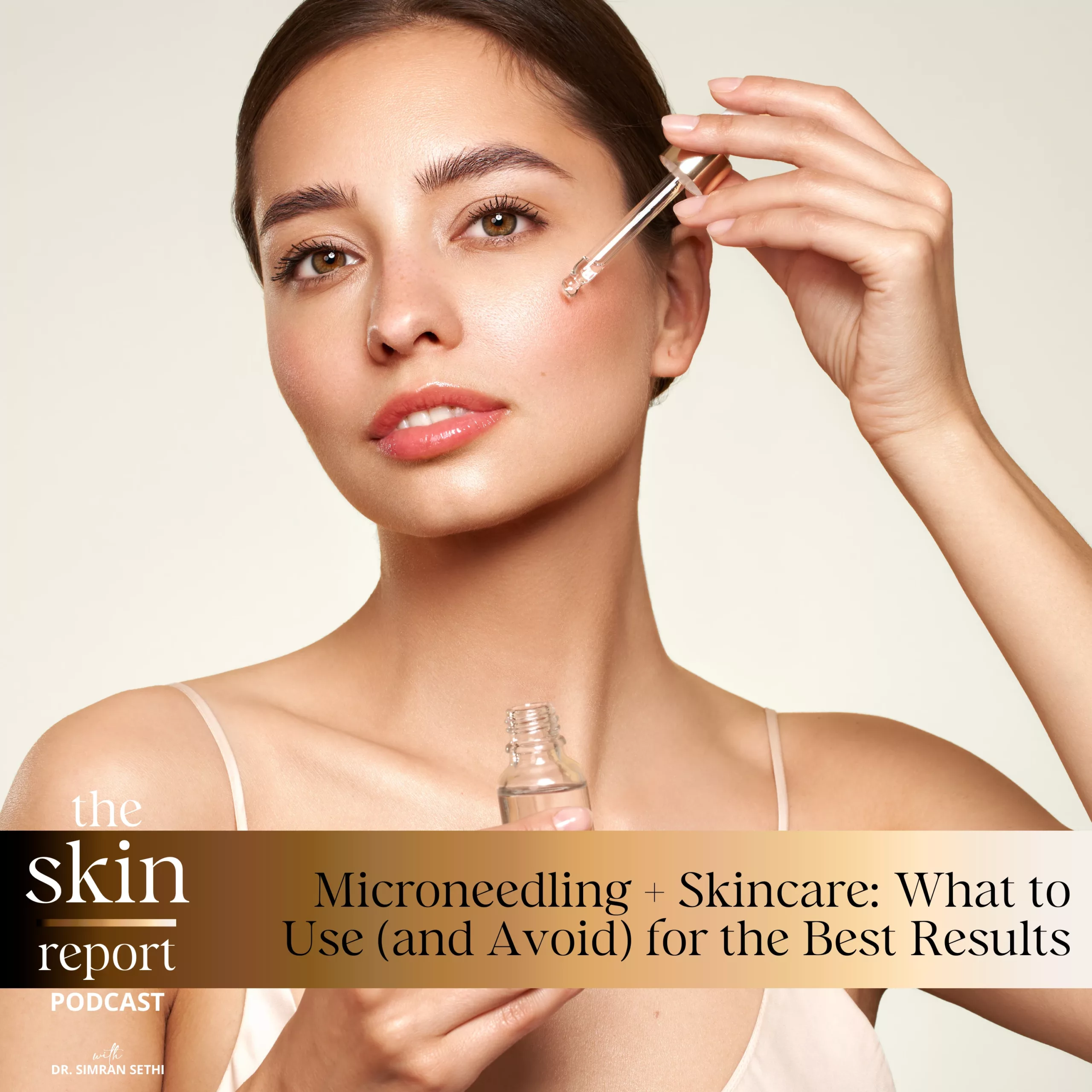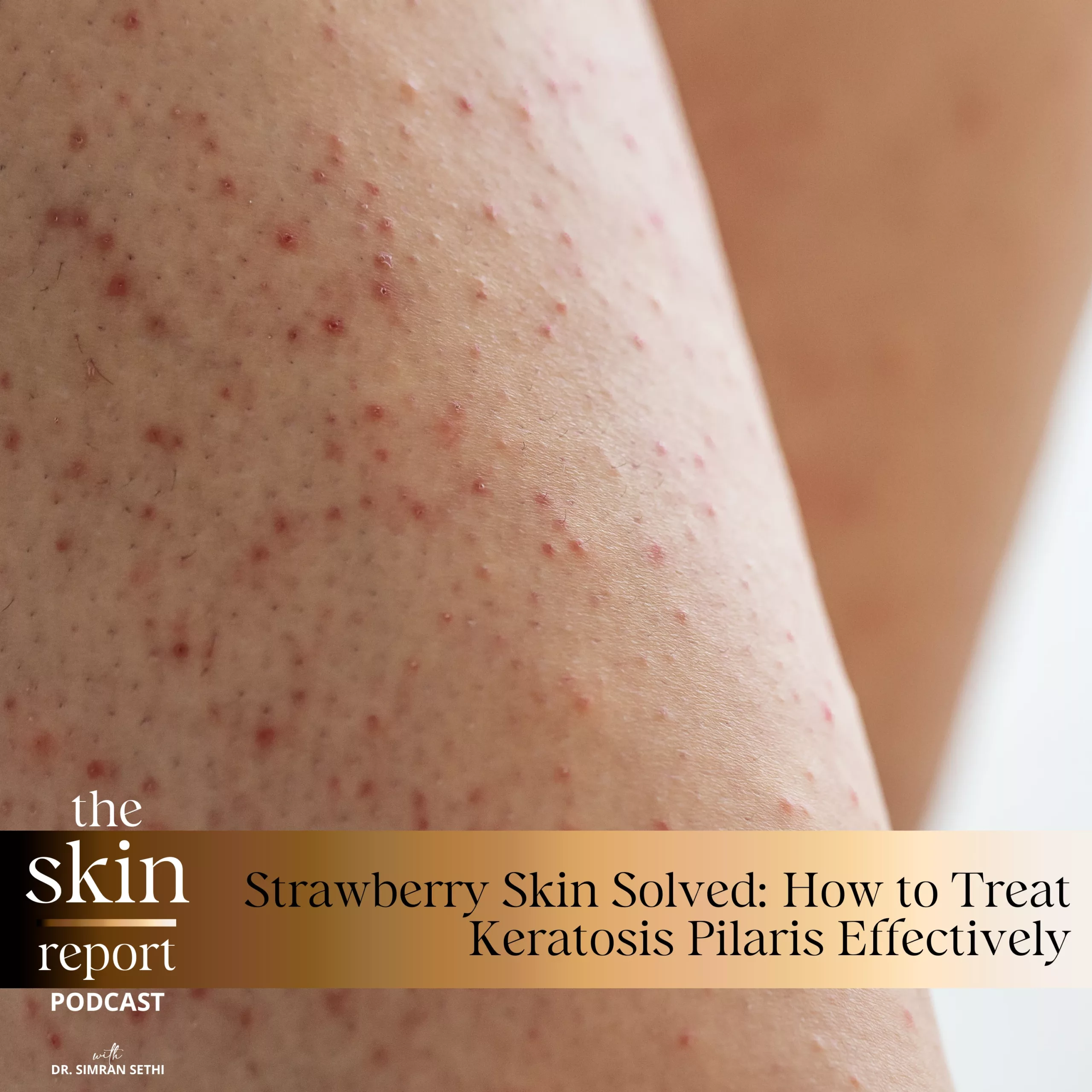Dr. Sethi:
Today we’re going to talk about how to pick the right moisturizer for your skin tone and skin type. If you enjoy learning about skincare, beauty, which is also skin-tone specific, please subscribe, like or leave any comments below.
Welcome to the Nu Skin Report, a dedicated space for exploring the world of skincare, medical aesthetics and beauty, especially for women of color. We are bringing the same insightful discussions into a vibrant new format where you can both hear and see the world of skincare and medical aesthetics come alive. So join us on the Nu Skin Report. Let’s explore, learn and grow together. Hit subscribe, and let’s make skincare and self-care a journey we embark on together.
When picking the right moisturizer, you first have to determine what skin type are you, which means oily, acne-prone, or dry, combination, oily and dry, because all of this will help you decide whether you should use a hydrating moisturizer versus an oil-based or lipid-based moisturizer. People with dry skin or mature skin or skin conditions like melasma should use an oil or lipid-based moisturizer. And also, remember, when I say oil-based moisturizer, I’m not actually referring to things like coconut oil, almond or argan oil. You actually need a moisturizer that has been formulated as a moisturizer, not taking an oil and just applying it to your face because this is just going to clog pores. It will actually not moisturize you. Then when we think of a hydrating moisturizer, we’re thinking of people who have acne-prone skin, oily skin, or even combination skin. People with combination skin typically say that their cheeks stay pretty normal or dry, or they have an oily T-zone.
Once you’ve determined whether your moisturizer should be oil-based or hydrating, the next thing to look at is is this moisturizer going to do more than just moisturize? And by this I mean, does your moisturizer give you protection from environmental damage, from blue light, which is very abundant outside and inside? Remember, blue light is more damaging for your skin than UVA or UVB rays. Blue light actually causes hyperpigmentation in darker skin tones and in people with melasma. It also breaks collagen. And unlike UVA and UVB rays, it goes down to the fat layer under our skin, which helps lift our skin. So for all those reasons, it’s important to have some form of blue light protection.
If you’re picking a moisturizer, pick one that actually gives you that additional protection so that you don’t have to apply another product on top of that. Then finally, when picking a moisturizer, make sure that it’s one that you can use under your makeup if you wear it or under your sunscreen, because some of them can be a little thick and start pilling if you haven’t paid attention to the consistency. Finally, if you have sensitive skin, rosacea-prone skin or eczema, make sure your moisturizer is completely fragrance-free.
Sometimes skin care companies can be a little sneaky and they won’t write, “Fragrance-free,” on their products, and they may have a fragrance in there that is maybe not predominant in the formulation, but enough to cause you to get sensitive. The climate you live in and the season also matters. So if you live in a climate that’s predominantly dry, in the winter, it’s likely going to get even more dry if you were using a hydrating moisturizer because you have normal skin or oily skin. In the winter, you may have to switch to an oil-based one, and that’s fine.
And also, if you have oily skin and you live in a very humid climate, you are likely going to use the same moisturizer in the winter and the summer. If you want to learn more about skin care, beauty, medical aesthetic treatments, please follow, like, subscribe.


